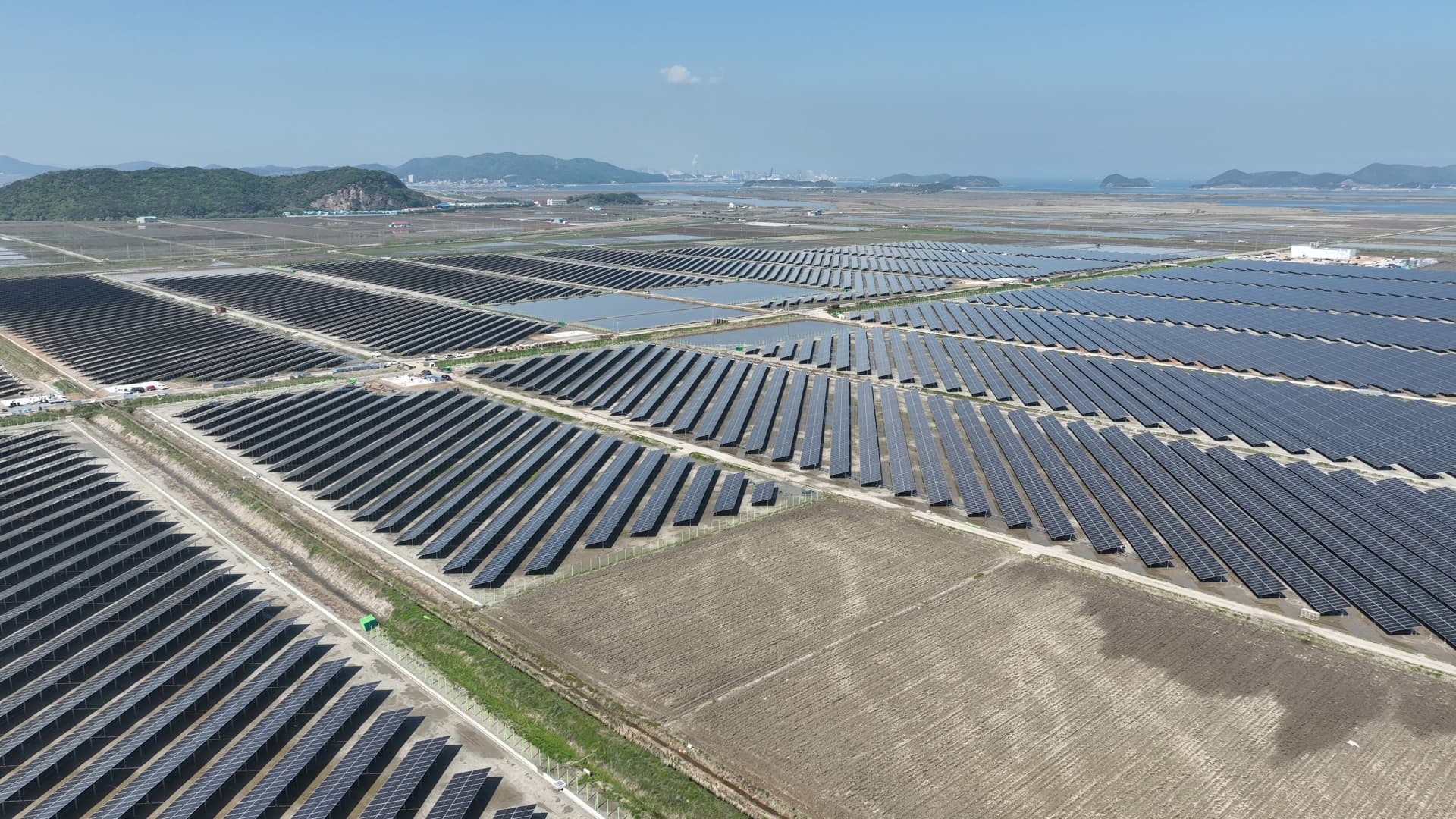
The world needs more climate heroes – they should be women

This International Women’s Day we want to take the opportunity to look at the important role women play in tackling the climate crisis - but we’re also reminded of the vastly disproportionate number of women impacted by climate change.
Unfortunately, the climate crisis affects women more than men. Women depend more on natural resources but have less access to them, with only around 15% of landholders worldwide being women (1) (2) (3). Studies have found that 80% of people forced to leave their home due to climate disasters are women and girls. They are disproportionately more severely affected by the economic and health impacts of droughts, reduced food production, and severe weather events (4). On top of this, only a small percentage (about 8%) of overseas aid reaches projects focused on gender equality (5).
Meanwhile, women worldwide are stepping up as leaders in times when the effects of climate change are felt more than ever before (6). This ranges from Nicaraguan indigenous women creating seed banks to preserve biodiversity, to women in Sudan forming the first-ever Women’s Farmers Union to ensure food security (7) (8), to studies showing that the disaster responses in female led countries were systematically better during the Covid pandemic (9) (10). Furthermore, the Paris Climate Agreement was shaped by a group of women who came up with the guiding principles of “net zero emissions” (11).
These are just a few examples that show the enormous benefits of empowering and supporting women to use their skills and knowledge to fight against the effects of climate change, helping communities to recover and become more resilient against climate change.
On International Women's Day, it is more important than ever to highlight the need for action and transformation to fight climate change. We want to call on all women to use their experience, skills and knowledge to reshape our world and fight together for a better future.
- Brennan, B. (2009). “Why She Buys: The New Strategy for Reaching the World’s Most Powerful Consumers.” New York: Crown Business.
- (2018). “The gender gap in land rights.” Food and Agriculture Organization of the United Nations.
- Women’s Environmental Network. “Gender and the Climate Change Agenda. The impacts of climate change on women and public policy.” 2010. http://www.wen.org.uk/wp-content/uploads/Gender-and-the-climate-change-agenda-21.pdf
- Women grow 70% of Africa's food. But have few rights over the land they tend. (2021). Retrieved 17 June 2021, from https://www.weforum.org/agenda/2018/03/women-farmers-food-production-land-rights
- Cecilia Caio, D. K. (2018). ODA (aid) spending in 2018. development initiatives.
- Asian Disaster Preparedness Center. “Building on Local Knowledge for Safer Homes.” Building Safer Communities in South Asia, Case Study 3. Jan. 2008. http://www.adpc.net/v2007/IKM/ONLINE%20DOCUMENTS/downloads/2008/3_CaseStudyShelterl.pdf
- “Nicaragua: Harvesting Hope.” MADRE Demanding Rights, Resources and Results for Women Worldwide. N.d. http://www.madre.org/page/nicaraguaharvesting-hope-34.html
- “Sudan: Women Farmers Unite.” MADRE Demanding Rights, Resources and Results for Women Worldwide. N.d. http://www.madre.org/page/sudan-women-farmers-unite-41.html
- Sergent, K., & Stajkovic, A. D. (2020). Women’s leadership is associated with fewer deaths during the COVID-19 crisis: Quantitative and qualitative analyses of United States governors. Journal of Applied Psychology, 105(8), 771-783. http://dx.doi.org/10.1037/apl0000577
- Harvard Business Review. “Research: Women Are Better Leaders During a Crisis.” 2020. https://hbr.org/2020/12/research-women-are-better-leaders-during-a-crisis
- Darby, M. (2020, November 6). Net zero: the story of the target that will shape our future. Climate Home News. https://www.climatechangenews.com/2019/09/16/net-zero-story-target-will-shape-future




